From OT to PhD
Lyndall’s clinical experience drives practical, relevant research
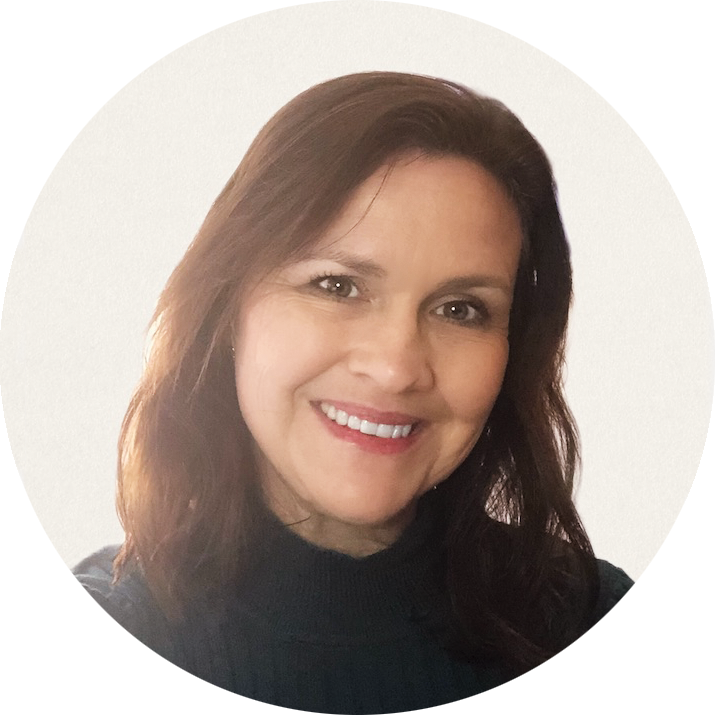
Lyndall's inspiration
Researcher Lyndall Cook was inspired to become an occupational therapist as a teenager after witnessing the “life changing” impact of her grandfather’s OT – and she is now helping to do the same for children with disability.
With almost 30 years’ experience as an OT, including equipment prescription and vehicle modification, Lyndall is currently undertaking her PhD at Neuroscience Research Australia. She is researching the safety impact of modifications to child restraints for children with disability.
Her aim is to develop the necessary evidence required for the creation of evidence based guidelines and recommendations for children with disabilities – and ultimately contribute to reducing injuries and improving quality of life for children and their families.
“I first learnt about occupational therapy as a 15 year old, with my grandfather who had Parkinson’s Disease. Witnessing the positive impact of the OT on helping him with daily living activities was life changing not just for him but his family, and it was through this experience that I knew occupational therapy was what I wanted to do,” Lyndall said.
I witnessed the positive impact of the OT on helping my grandfather with daily living activities, and it was through this experience that I knew occupational therapy was what I wanted to do.
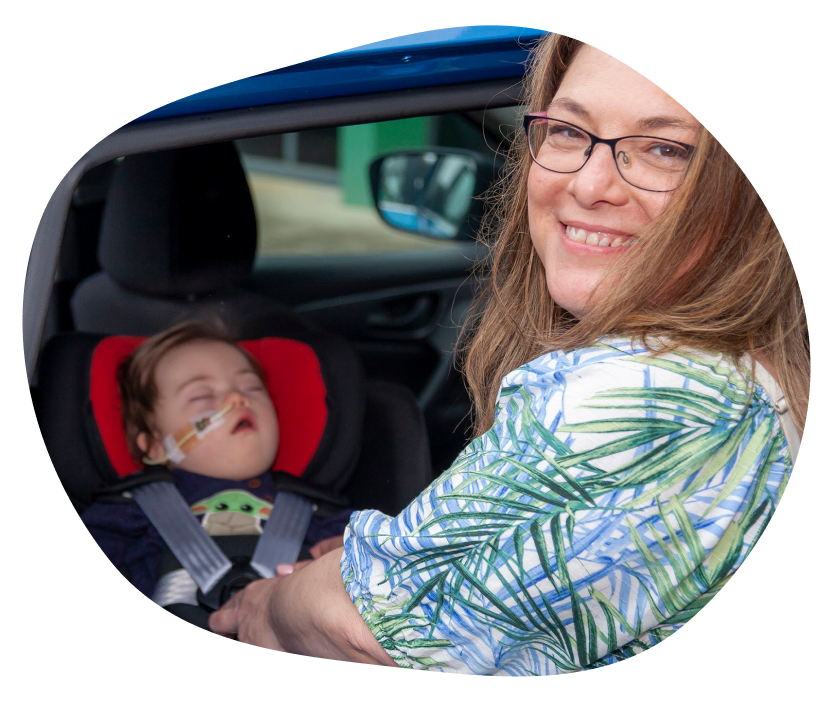
“My experience as an OT has provided me with a unique perspective and understanding of the practical challenges faced by individuals with disabilities or medical conditions, especially in the context of safe vehicle travel.
“I have always strived to provide the best possible solutions based on standards and guidelines. But over time, the lack of evidence on the safety of these interventions has been apparent. This motivated me to delve into research – to discover new insights that can make a real difference in ensuring safe and effective vehicle travel for children with disabilities.”
All children have a right to travel safely in a motor vehicle
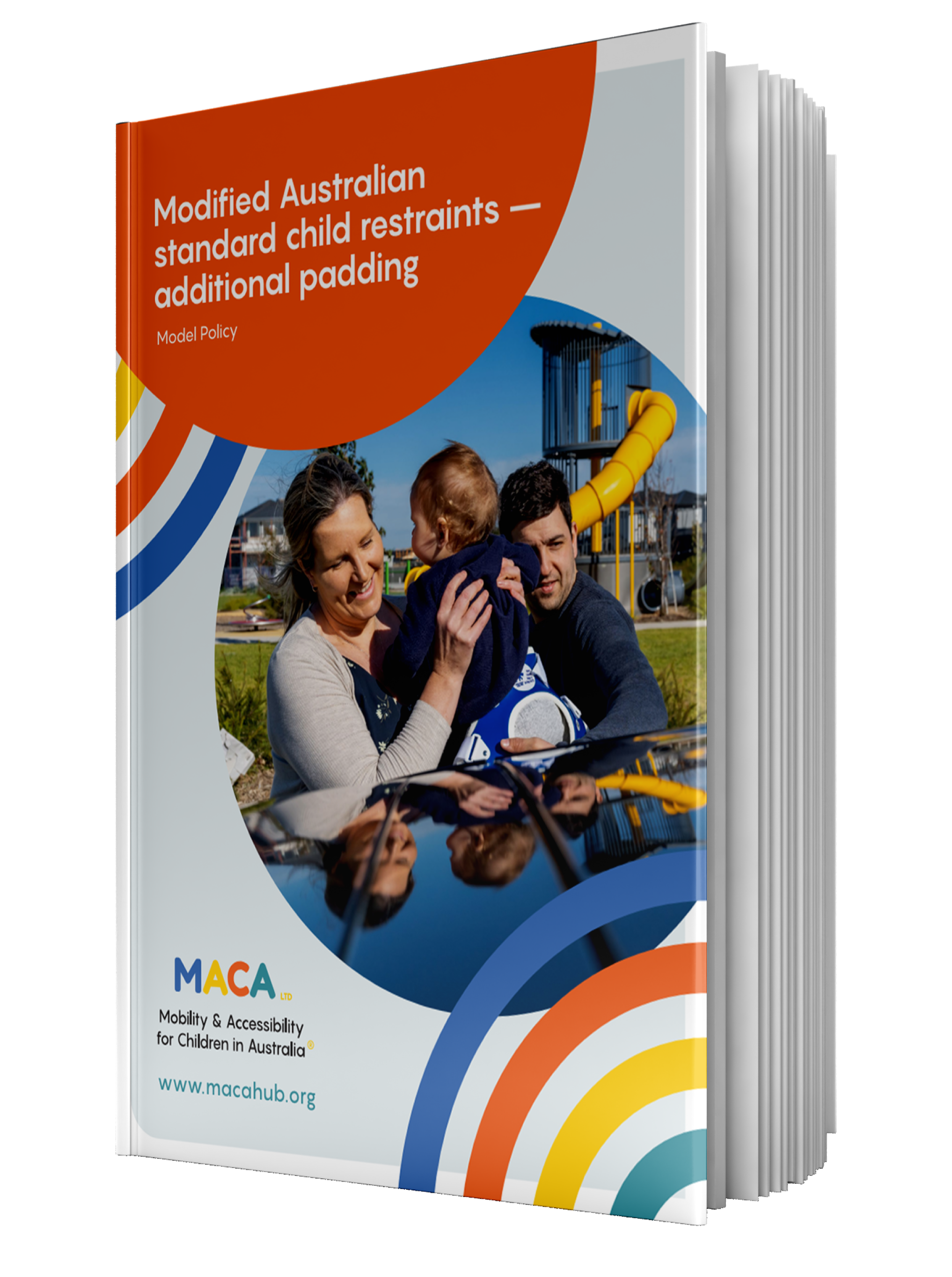
Lyndall’s research is investigating modifications such as additional padding for postural support and specialty harnesses, and the results will feed into evidence-based recommendations for safe travel practices to be used by families and health professionals.
Her research has been translated into clinical policies by MACA and also published in international journals. “To date I have completed two studies investigating the safety provided by postural support padding and specialty harnesses used by children with disabilities. Policy guidelines for postural support padding have been developed by MACA, based on this research, and guidelines on the prescription of specialty harness use will follow,” she said.
You can find the policy guidelines ‘Modified Australian standard child restraints: additional padding’ at MACA’s website here.
Lyndall said while increased injury risk with certain types of postural support padding had been anticipated, the extent of these risks had not been investigated. “Further work is needed in this space to investigate these practices across a broader selection of child restraints, child ages and crash types.”
Further work is needed in this space to investigate these practices across a broader selection of child restraints, child ages and crash types.
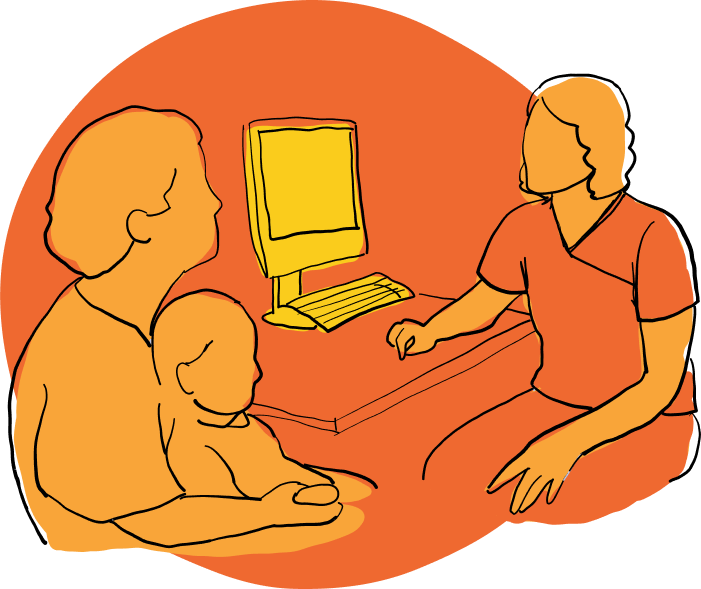
Drawing on clinical experience
Lyndall’s clinical experience prescribing child restraints for children with disabilities motivated her to provide evidence on the safety and effectiveness of the available options for these children, to ensure efforts are focused on selecting the most appropriate restraint for the needs of the child.
“I’ve been able to draw on my clinical experience when investigating challenges faced by OTs and families with vehicle travel for children with disabilities, and effectively translate what the research findings actually mean for clinical practice.”
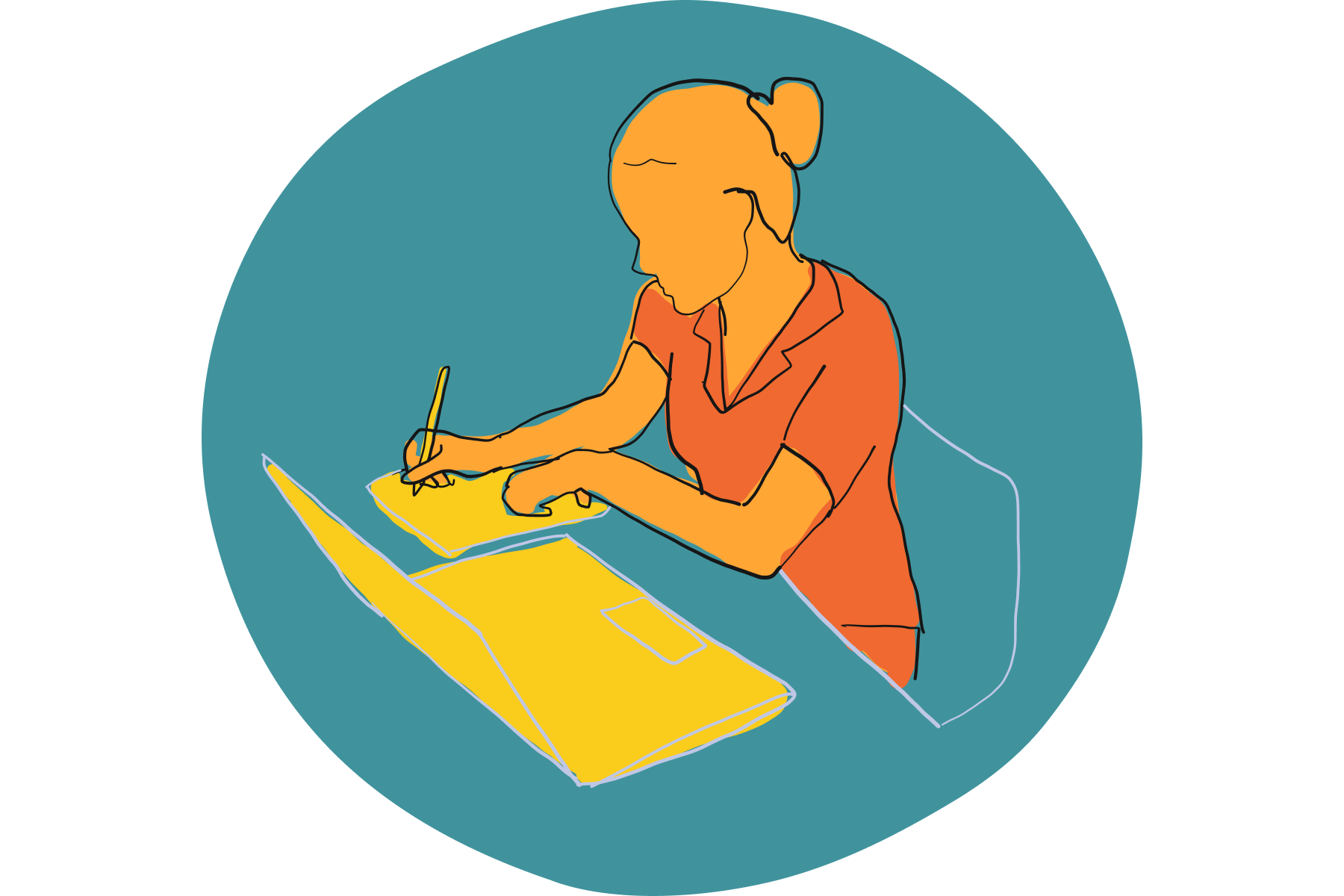
From OT to researcher
Lyndall said that transitioning from a clinician to researcher had been challenging but rewarding.
“It has been difficult when the research has shown some current clinical practices are not safe and managing these findings with alternate practical options,” Lyndall said.
“My experience as an OT has shaped my research to be practical and relevant to clinical practice, making sure my interpretation of findings is meaningful for clinicians and families.”
While Lyndall is currently completing her PhD, she still practices clinically, and feels it is important to stay connected to real-world practice. “I think I will always be an OT. It is ingrained in how I think and my perspective on life.”
I think I will always be an OT. It is ingrained in how I think and my perspective on life.



